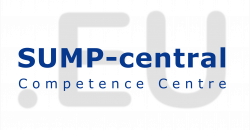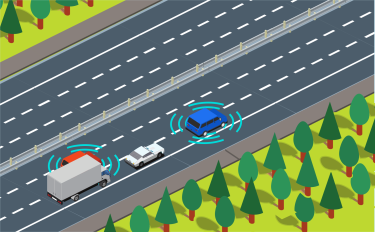Guide published on making walking and wheeling inclusive
A guide has been published to support national and local governments, including spatial planning professionals, as well as other organisations, make walking and wheeling more inclusive. The guide, “Walking for everyone: A guide to making walking and wheeling accessible, inclusive, and desirable”, contains recommendations that, if implemented, will help to improve the lives of people who may be marginalised or find it challenging to move around cities on foot or using an assisted mobility vehicle. The guide has been developed by Sustrans (the UK charity working to facilitate walking and cycling for all), the UK walking charity, Living Streets and consultancy, ARUP.
Current urban environments and active travel infrastructure do not always cater for the needs of less mobile travellers. As cities seek to reduce transport-related emissions and cut congestion, equitable and accessible active mobility will be crucial. The report provides guidance on addressing barriers to accessibility and on creating urban environments which work for all user groups.
The guide highlighted many issues. For instance, 72% of disabled people would find fewer cars parked on the pavement helpful in walking or wheeling more. The report also addresses the lack of disaggregated data on mobility patterns, so bringing together existing knowledge is a key area where more research is required.
To address the challenges faced by local authorities, the paper outlines a series of recommendations for local and national governments. Improved governance, planning and decision making, by creating inclusive walking and wheeling plans, supported by long-term funding, as well as ensuring that services and amenities are within walking distance of where people live, are all needed. The guide also called for the creation of better places for everyone to walk and wheel in, supported by the development of national design guidance for walking and wheeling to improve road safety and air quality. Investment in walking and wheeling programmes is also important, as is action to reverse the decline in independent childhood mobility.
This article originally appeared on Polis Network on 4 April 2022.



